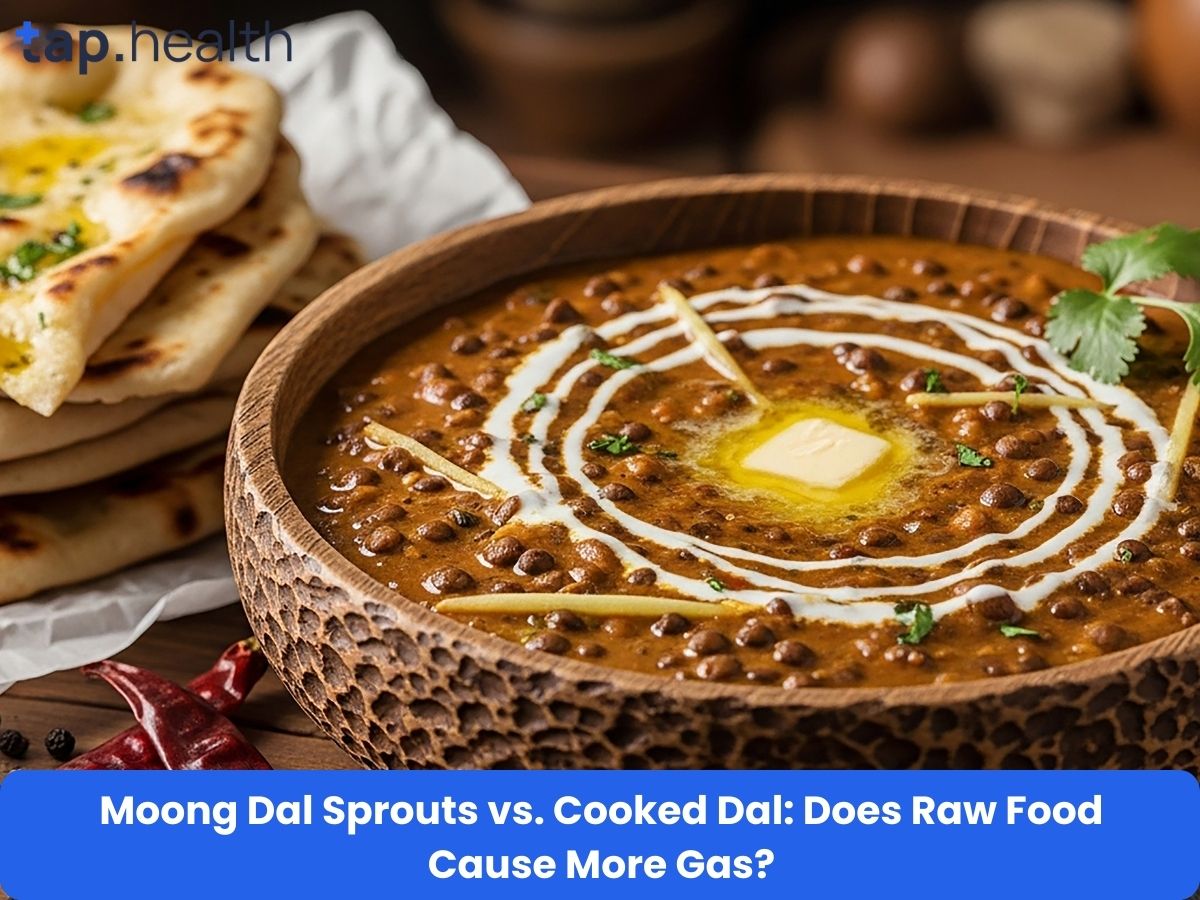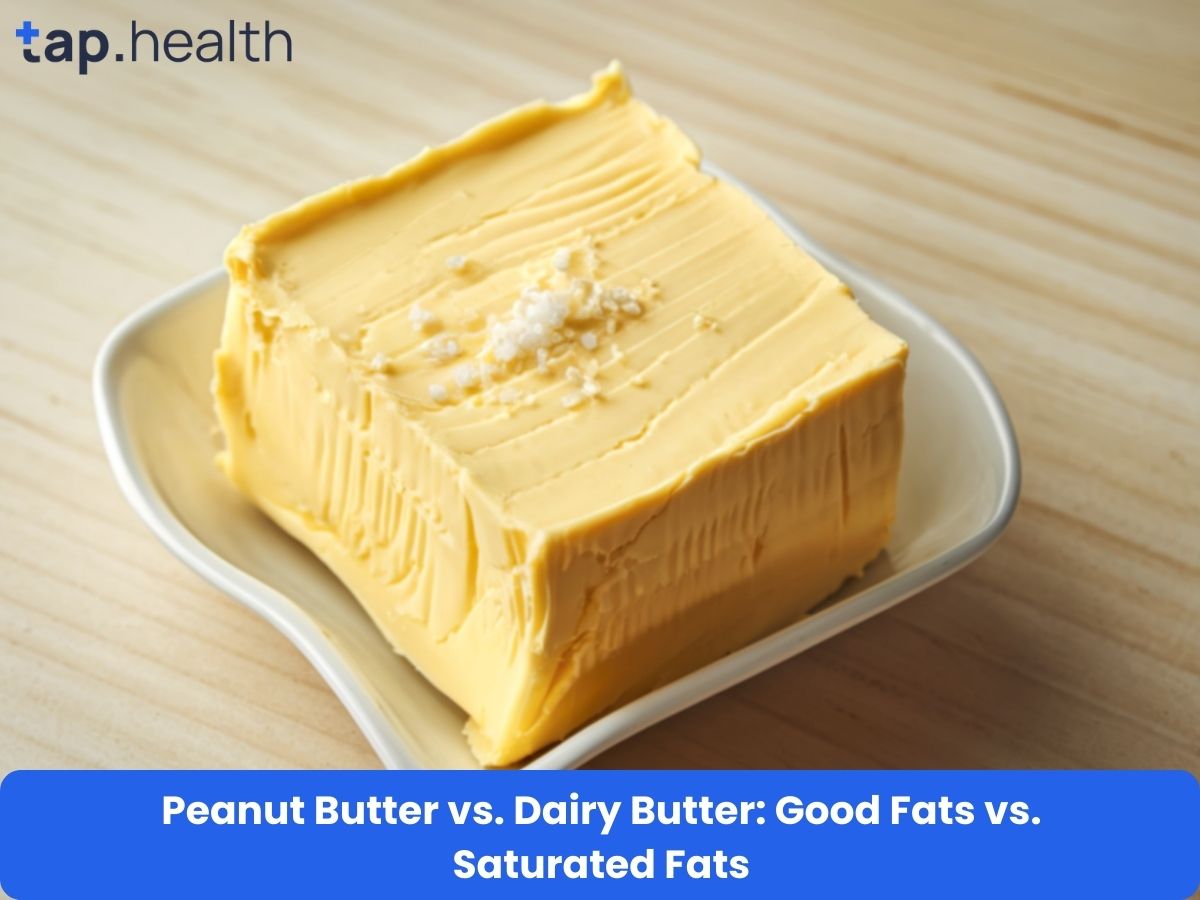Managing diabetes doesn’t mean giving up tasty snacks. Cashews, with their creamy texture and rich flavor, are a popular choice — but are cashews good for diabetics? The answer is yes in moderation, thanks to their low glycemic index, healthy fats, fiber, and key minerals. Here’s everything you need to know.
Nutritional Profile of Cashews That Supports Diabetes Management
Cashews stand out among nuts because of:
- High monounsaturated and polyunsaturated fats (similar to olive oil) that improve insulin sensitivity and cholesterol levels.
- Decent plant-based protein (5g per ounce) that promotes satiety.
- Dietary fiber (1g per ounce) that slows glucose absorption.
- Rich magnesium content (83mg per ounce — 20% of daily needs), which is linked to better blood sugar control and reduced insulin resistance.
- Antioxidants like polyphenols and carotenoids that fight inflammation common in diabetes.
Key Benefits of Cashews for People with Diabetes
- Better Blood Sugar Control The winning combo of fiber, protein, and healthy fats gives cashews a low glycemic load. Studies show regular nut consumption (including cashews) can lower fasting blood sugar and HbA1c levels.
- Improved Insulin Sensitivity Monounsaturated fats in cashews have been shown to enhance insulin sensitivity, especially helpful for type 2 diabetes.
- Heart-Healthy Advantage People with diabetes have 2–4 times higher risk of heart disease. Cashews help raise HDL (good) cholesterol and lower LDL and triglycerides.
- Weight Management Support The protein-fiber duo keeps you full longer, reducing overall calorie intake — crucial since even modest weight loss improves glycemic control.
- Magnesium Boost Up to 50% of people with type 2 diabetes are magnesium deficient. Cashews are one of the best plant sources to correct this naturally.
Important Considerations and Risks
Despite the benefits, a few precautions are necessary:
- High in calories (157 kcal per ounce) → easy to overeat and gain weight.
- Contain about 8–9g carbohydrates per ounce — count them in your daily carb budget.
- Salted cashews can worsen hypertension, a frequent diabetes companion. Always choose raw or dry-roasted unsalted.
- Tree nut allergy risk — avoid completely if allergic.
Recommended Portion Size for Diabetics
A safe and effective serving is 1 ounce (28g) or roughly 18–20 whole cashews. This amount delivers benefits without spiking blood sugar or adding excess calories.
Expert & Real-Life Insights
Dr. Neha Sharma, Certified Diabetes Educator, says: “Include a small handful of unsalted cashews as your healthy fat source. They make an excellent mid-meal snack when paired with a few carrot sticks or cucumber.”
Rajesh Kumar, living with type 2 diabetes for 8 years, shares: “I eat 15–18 unsalted cashews around 4 p.m. It stops my evening cravings and my post-snack readings stay under 140 mg/dL.”
Ayurvedic practitioner Vijay Joshi adds: “Cashews (Kaju) are sweet and heavy. Use sparingly, preferably soaked overnight, and balance with bitter greens and regular exercise.”
Quick Answers to Common Questions (People Also Ask)
Can cashews raise blood sugar levels?
No significant spike when eaten in moderation (1 oz) because of low glycemic index (around 25) and high fiber-fat content.
How many cashews can a diabetic eat daily?
18–20 pieces or 1 ounce (28g) is the ideal science-backed portion.
Are salted cashews bad for diabetics?
Yes, excess sodium can raise blood pressure. Always pick unsalted or lightly salted varieties.
Is cashew butter okay for diabetes?
Natural cashew butter without added sugar or hydrogenated oils is fine — 1–2 teaspoons count as one serving.
Are roasted cashews better than raw for diabetics?
Both are equally good nutritionally. Choose dry-roasted unsalted to avoid extra oil and salt.
Do cashews help in diabetes-related weight loss?
Yes, their protein and fiber increase satiety and reduce overall food intake when part of a calorie-controlled diet.
Are Cashews Good for Diabetes? Final Verdict from TapHealth
Yes — cashews are good for diabetes when consumed in controlled portions (1 ounce daily), preferably unsalted and as part of a balanced meal plan. They support blood sugar stability, heart health, and weight management while providing essential nutrients. Always consult your doctor or dietitian before making changes to your diabetes diet.


